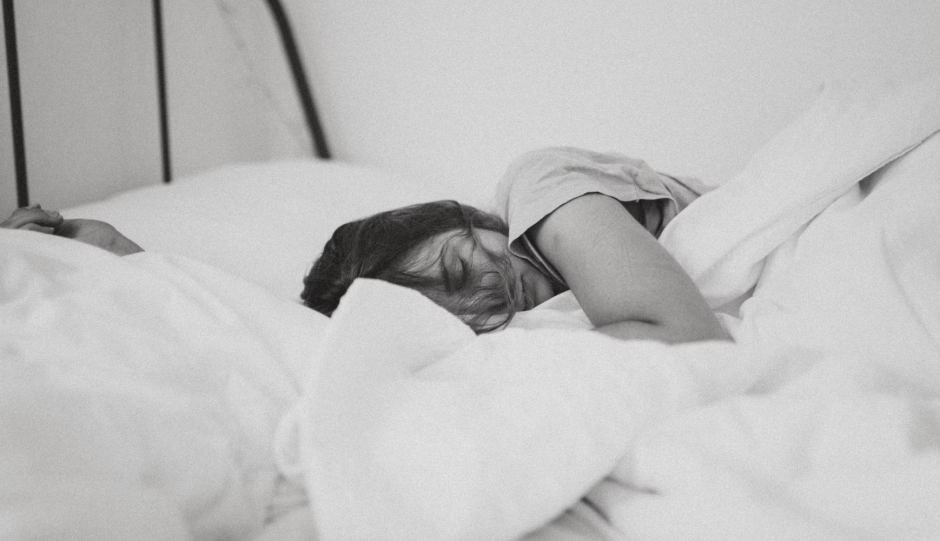
Inadequate sleep (such as poor sleep quality, short duration, and trouble falling asleep or staying asleep) can lead to greater risks for developing chronic conditions and for premature death. Inadequate sleep also influences daily experiences of stress, and vice versa. The UPLIFT Health Lab seeks to understand how sleep and stress are related. We are specifically interested in psychological mechanisms (e.g., negative emotions, repetitive thoughts about stressors) and physiological mechanisms (e.g., cortisol) that might be responsible for the influence of daytime stress on sleep later that night. In addition, our research aims to understand factors that might make a person more or less vulnerable to the effects of sleep on stress (for example, based on one’s personality traits or their level of COVID-19 stress). Understanding these pathways between sleep and stress may inform future efforts to promote better sleep and more adaptive stress responses as people age.
Members involved: Dr. Nancy Sin, Jin Wen, Nicole Stuart
Recent publications:
- Day-to-day associations of sleep with health and well-being amid the COVID-19 pandemic in North America
- Sleep duration and affective reactivity to stressors and positive events in daily life
- Associations between intraindividual variability in sleep and daily positive affect
- Emotional vulnerability to short sleep predicts increases in chronic health conditions across 8 years